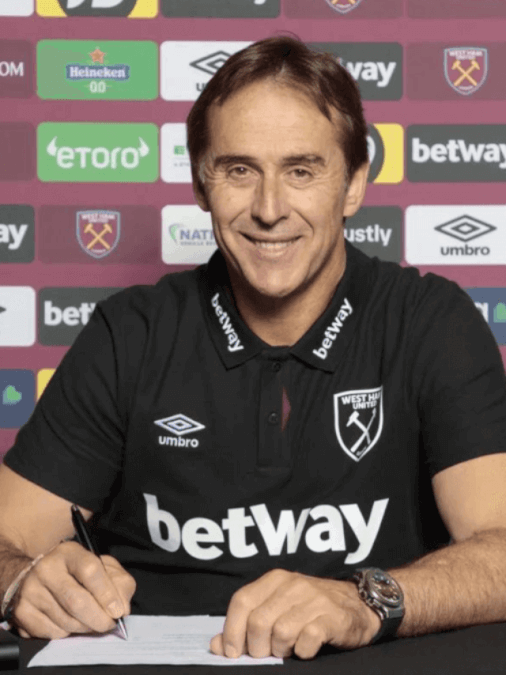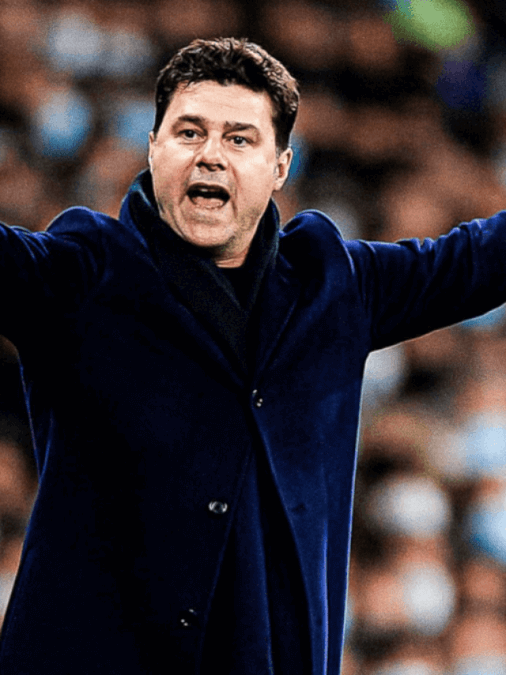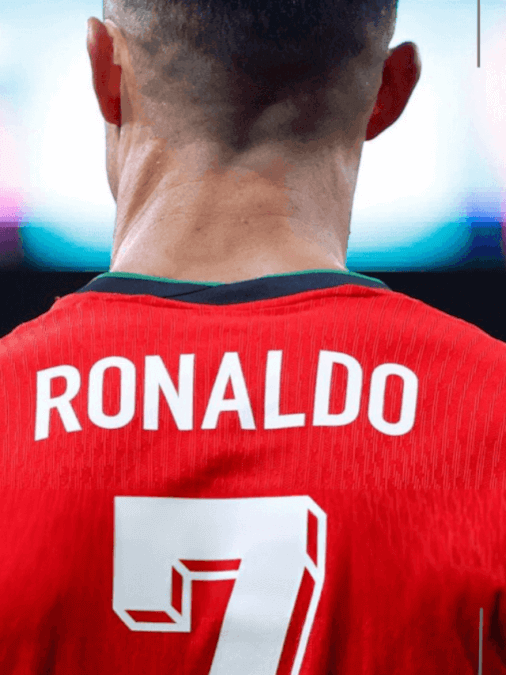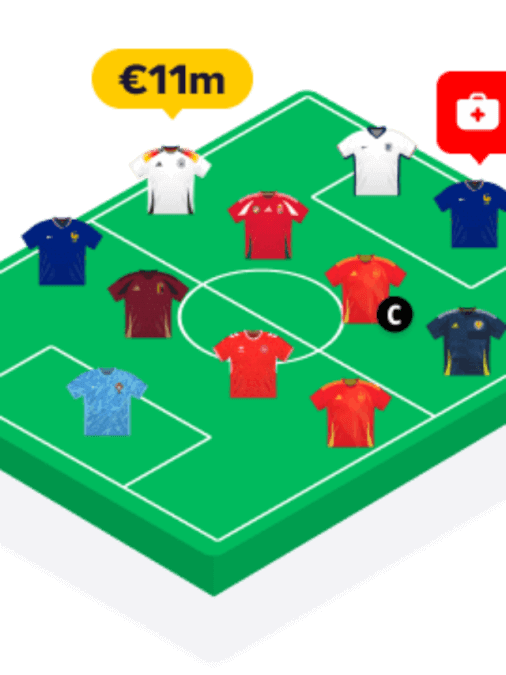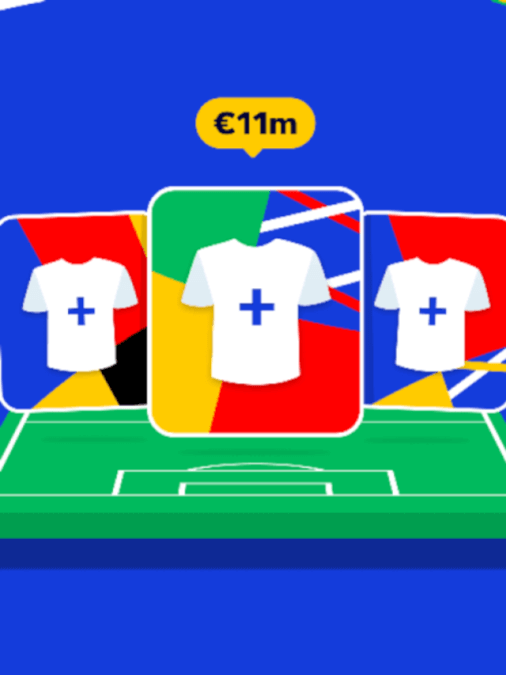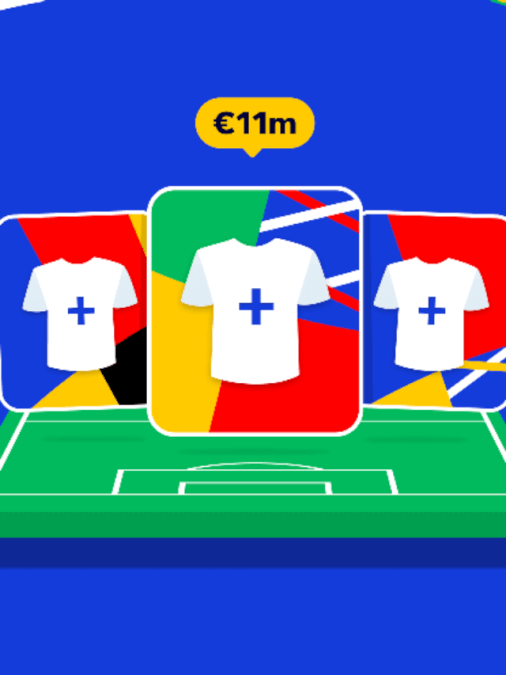Hydration is a critical component of optimal performance for football players, but water alone isn’t always enough. Electrolytes, such as sodium, potassium, and magnesium, play a key role in keeping players hydrated during games and training sessions.
Understanding how electrolytes support hydration, and knowing how to replenish them effectively, can make a big difference in a player’s performance.
This article explores the role electrolytes play in footballers’ hydration, and how to adjust your intake based on factors like weather and intensity.
What Are Electrolytes?
Electrolytes are essential minerals—sodium, potassium, magnesium, calcium, and chloride—that help maintain the body’s fluid balance.
These minerals are vital for proper muscle function, nerve signaling, and hydration. In the context of football, where players sweat profusely, understanding how to manage electrolyte levels becomes crucial.
Without proper electrolyte balance, players may experience dehydration, muscle cramps, and fatigue.
How Electrolytes Support Hydration
Electrolytes work in conjunction with water to keep the body hydrated. Each mineral plays a specific role:
| Electrolyte | Role in Hydration |
|---|---|
| Sodium | Helps retain fluid, which is critical during long matches and intense training. |
| Potassium | Balances fluid levels and prevents muscle cramps. |
| Magnesium | Supports muscle recovery and regulates fluid levels. |
The body loses electrolytes through sweat, especially during intense physical activity like football matches. Replenishing these lost electrolytes is necessary to maintain hydration and prevent cramps and fatigue.
Electrolyte Loss During Football Matches
Football players lose a significant amount of electrolytes through sweat, particularly in hot weather or during high-intensity matches.
Heat and humidity further increase electrolyte loss, making hydration strategies even more essential during summer tournaments or when playing in hot climates.
For more tips on staying hydrated in such conditions, check out our guide on hydration during hot weather training.
Factors that Increase Electrolyte Loss:
- Weather conditions: Hot, humid environments lead to increased sweating.
- Intensity of play: High-energy sprints, long runs, and quick turns all contribute to faster electrolyte depletion.
- Duration of match: The longer the game, the more electrolytes you lose through sweat.
When players lose too many electrolytes, they risk dehydration, which can impact performance, focus, and endurance.
Signs of electrolyte imbalance include muscle cramps, dizziness, and excessive fatigue, often evident during the final stages of a match.
Replenishing Electrolytes Post-Match
After a match, it’s vital to replenish both fluids and electrolytes to ensure proper recovery. Rehydrating with only water can dilute the remaining electrolytes in your body, leading to a condition called hyponatremia, where sodium levels become dangerously low.
To avoid this, include electrolyte-rich fluids and foods in your post-match routine. Here are some excellent sources:
| Electrolyte | Food Source | Drink Source |
|---|---|---|
| Sodium | Salted nuts, pretzels | Electrolyte drinks |
| Potassium | Bananas, avocados | Coconut water |
| Magnesium | Leafy greens, almonds | Magnesium-enhanced waters |
For more detailed recovery advice, explore our post on post-game recovery and rehydration for young footballers.
How Our Hydration Calculator Helps
Our hydration calculator takes into account factors like weather conditions, intensity of activity, and personal sweat rates to give you a tailored hydration plan.
This personalized approach ensures that you not only drink enough water but also balance your electrolyte intake.
By inputting your activity level and game intensity, the calculator provides specific guidance on how much fluid and electrolytes you need for both pre-match preparation and post-game recovery.
If you’re wondering how much water you should be drinking at various stages of the game, our article on pre-training hydration will be helpful.
Common Electrolyte Myths
There are several misconceptions about electrolytes and hydration that can mislead footballers into poor recovery practices. Let’s address a few:
Myth 1: “Water is enough for hydration.”
While water is essential, it isn’t enough during intense games where electrolyte loss is high. Water alone doesn’t replace lost electrolytes, which can lead to dehydration issues despite high water intake.
Myth 2: “Sports drinks are always the best solution.”
While sports drinks can help replenish electrolytes, they are often loaded with sugar. It’s essential to choose the right drinks and not rely solely on commercial sports drinks for hydration. You can learn more about when to choose water vs. sports drinks in our hydration vs. sports drinks article.
Myth 3: “You only need electrolytes after a game.”
Pre-game and in-game electrolyte replenishment is equally important. Starting your hydration routine well before the game ensures that your electrolyte levels are sufficient to support high performance throughout the match. Get your pre-game hydration sorted by reading our pre-game hydration tips.
Conclusion
Electrolytes play a vital role in keeping football players hydrated, especially in high-intensity games. Proper electrolyte balance ensures better performance, fewer muscle cramps, and quicker recovery.
Don’t overlook the importance of replenishing sodium, potassium, and magnesium both during and after matches.
For a personalized hydration plan, remember to use our hydration calculator. This will help you tailor your intake based on your unique needs, whether you’re playing on a hot summer day or pushing yourself to the limit in a highly competitive match.
Key Takeaways
| Electrolyte | Role | Sources |
|---|---|---|
| Sodium | Retains fluid, prevents dehydration | Salted foods, electrolyte drinks |
| Potassium | Balances fluids, prevents cramps | Bananas, coconut water |
| Magnesium | Muscle recovery, fluid regulation | Leafy greens, nuts, magnesium water |
- Electrolytes are crucial for maintaining hydration and peak performance.
- Weather conditions, game intensity, and sweat levels dictate how much electrolyte replenishment is needed.
- Use a combination of water, food, and specialized drinks to restore electrolyte balance.
- Check out our hydration calculator for a personalized rehydration strategy tailored to your activity level.
For more tips on proper hydration and nutrition, explore our articles on off-season nutrition, game-day meal planning, and nutrition myths in youth football
